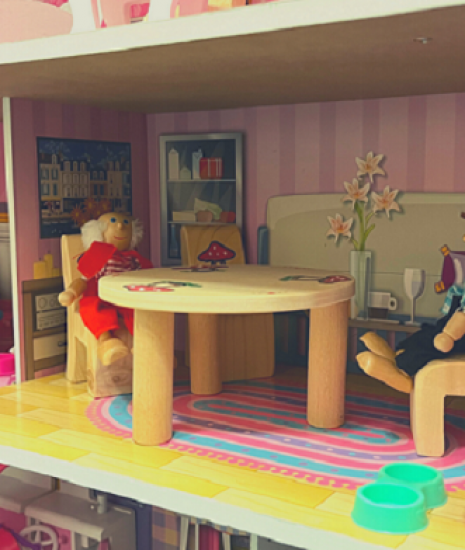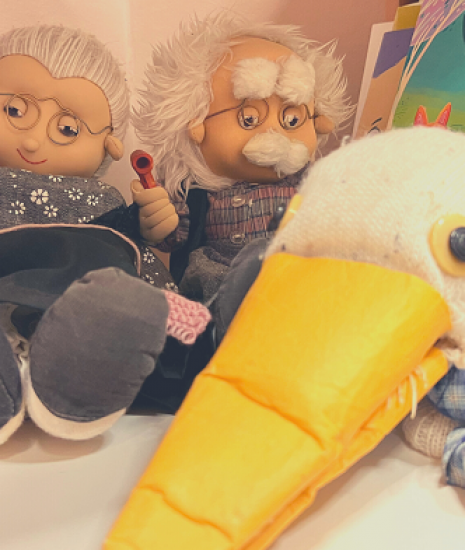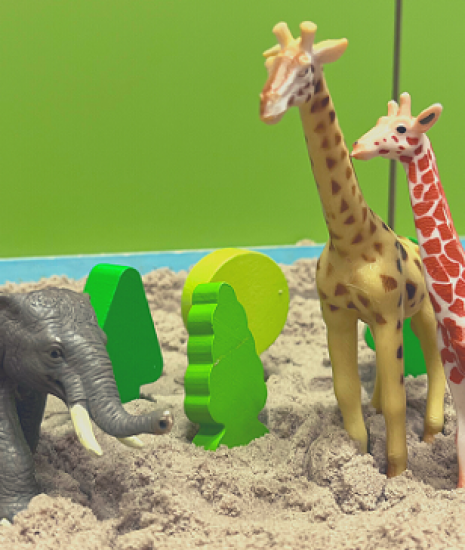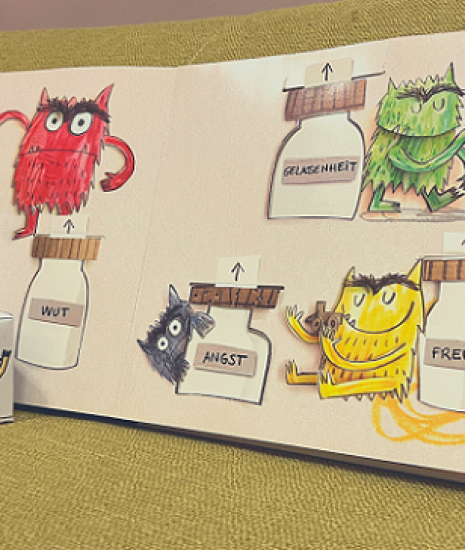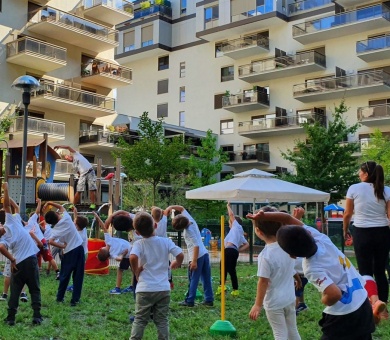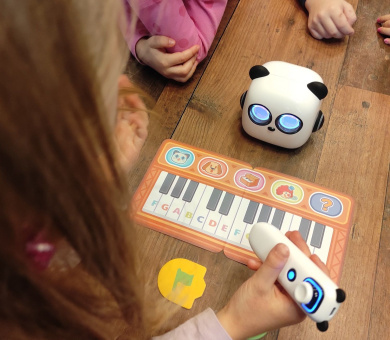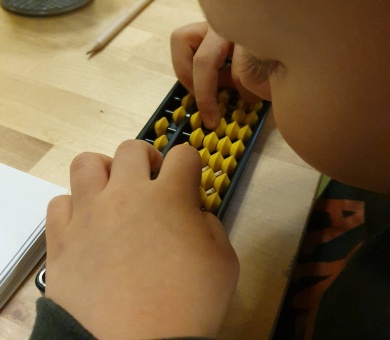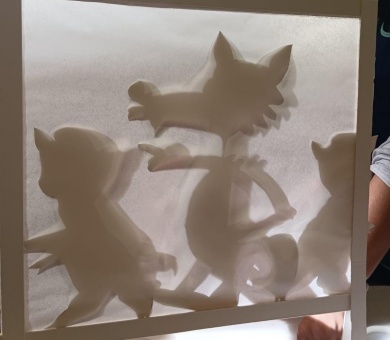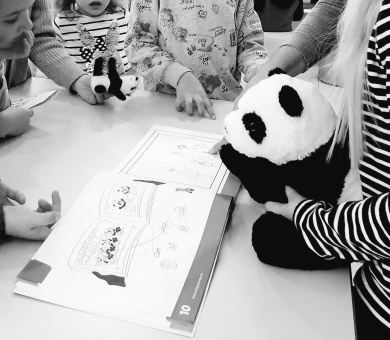Let's play! - one on one sessions with psychologist

Even ancient thinkers had already recognized the importance of play; Plato said that we learn more about a person in an hour of play than in a lifetime of conversation. This sentence actually says how open, relaxed, and spontaneous activity such as play penetrates deep into our inner world. Therefore, if we want to know and understand a child, we need to understand how they play.
Thanks to the act of playing, we can see how the child perceives and constructs the world, what they would want for it to be, and what its problems are. What a child chooses to play with is motivated by internal processes, desires, and fears. When playing, the child has the ability to manage their emotions, regulate fear, anger, and other emotions, which affects self-regulation and is an excellent counterbalance to impulsivity, hyperactivity, and lack of emotional stability. Children of preschool age cannot yet describe what is bothering them on a conscious level, but they can show it when playing and using expressive techniques.
A meta-analysis of research on the effectiveness of play therapy (Ray et al., 2001) supports the fact that this form of work is effective for various difficulties that children face.
Play therapy is a way to help children when they encounter some situations that are challenging for them, such as fears, insecurity, low self-confidence, difficulties in self-control and aggression, lack of independence, hyperactivity, difficulties in relationships with peers, changes within the family, divorce of parents, chronic diseases, loss of a family member, physical symptoms that have no medical cause, as well as other behaviors, feelings, and thoughts that are difficult for the child to cope with.
Individual work is carried out by Ana Mužak, a psychologist and specialist in Psychotherapy Transactional Analysis under supervision, and in her work she applies knowledge and skills from play therapy. Individual sessions are carried out once a week for 45 minutes, by appointment, and once a month parents come in to talk.
If you have noticed some behaviors of your child that worries you; that the child is having a hard time, or you would like to get some advice for yourself, feel free to contact us. Sometimes some things are solved through dialogue and by taking a different approach.
Mobile phone: +385 99 444 88 56
email: psiholog@mali-istrazivac.hr





